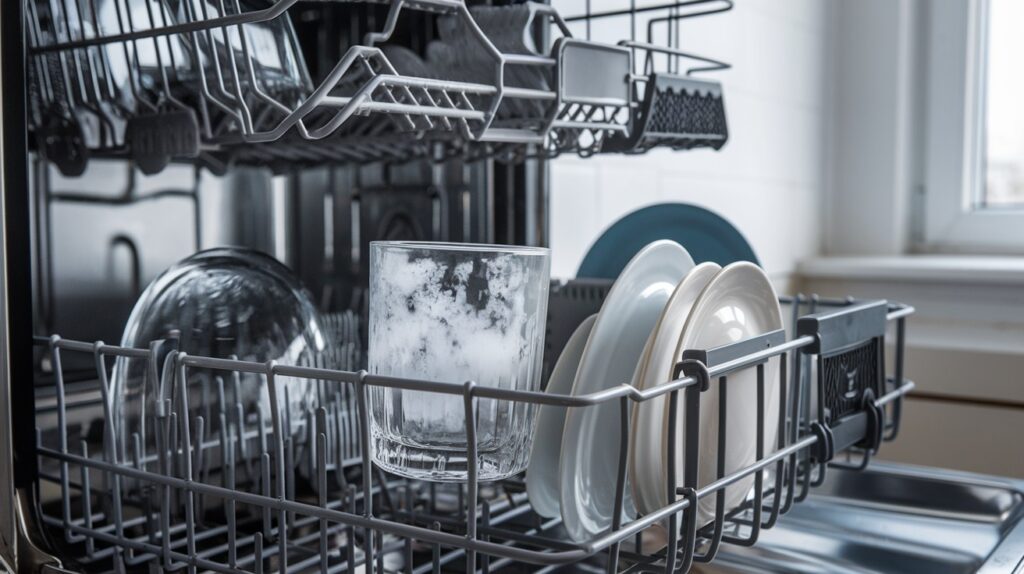Table of Contents
- Impact on Your Home
- Impact on Your Health
- Mitigation Strategies
- Conclusion
Many households deal with hard water, which occurs when a water supply contains high amounts of minerals such as calcium and magnesium. While these minerals are not generally a health hazard, their effects on everyday life, from appliance performance to personal comfort, can be significant. For homeowners seeking solutions, understanding these impacts and learning about options like water softener installation in Columbia, SC, can help enhance the quality of life and prevent costly issues in the future. Although safe to drink, hard water contributes to a range of problems, including limescale buildup on fixtures and stubborn soap residue on skin and hair. These effects can not only complicate daily chores but also disrupt the longevity of your valuable appliances and cause long-term irritation to sensitive skin. Taking proactive measures to address hard water can both protect your investment in your home and support your family’s well-being.
Impact on Your Home
Appliance Efficiency and Longevity
The minerals found in hard water are a silent threat to household appliances such as dishwashers, washing machines, and water heaters. Over time, mineral deposits known as limescale accumulate, coating heating elements and clogging internal components. According to the U.S. Department of Energy, water heaters operating with hard water can lose efficiency due to scale buildup. This results in higher energy bills and shortened appliance lifespans, forcing homeowners to invest in premature replacements and frequent repairs.
Plumbing Issues
Hard water contributes to the formation of scale inside pipes, resulting in restricted water flow and increased pressure. This unseen buildup can eventually cause leaks, pipe bursts, or system failures, risking significant damage to your home’s infrastructure. Prevention is key, as repairing or replacing pipes affected by hard water can be an expensive and disruptive undertaking. Regular preventative measures and water softening systems offer a practical way to reduce the likelihood of these plumbing emergencies.
Cleaning Challenges
Mineral-rich hard water complicates what seem to be simple household tasks. Glassware may emerge from the dishwasher with unsightly white spots, and stubborn soap scum may form on tiles, fixtures, and shower doors. Additionally, laundry washed in hard water often feels stiffer and appears dingier, requiring extra detergent to achieve the desired cleanliness. Homeowners usually find themselves spending more on cleaning products and investing effort in scrubbing mineral buildup that never seems to disappear.
Impact on Your Health
Skin and Hair Issues
When showering or washing hands with hard water, soap doesn’t lather as effectively and rinses off less thoroughly. This can leave behind a residue that may cause dryness or irritation. Individuals may notice their skin becoming flaky or their hair looking dull and lifeless after repeated exposure, leading many to seek out specialized skincare or haircare products as a remedy.
Exacerbation of Skin Conditions
Individuals with sensitive skin or pre-existing dermatological conditions, such as eczema or psoriasis, may experience symptom aggravation due to the presence of hard water.Minerals left on the skin can create a barrier that blocks natural moisture, intensifying dryness, itchiness, and inflammation. A study published in the Journal of Allergy and Clinical Immunology found that children living in areas with hard water were at a higher risk of developing eczema. The minerals in hard water react with soap and cleansers, creating an insoluble residue that can irritate the skin.
Drinking Water Taste
While hard water is regarded as safe for consumption, the mineral content often imparts a faintly metallic or chalky taste. Although not unpleasant to everyone, this difference is noticeable to some individuals. As a result, many households turn to water filtration solutions for drinking and cooking water to achieve a more neutral taste profile.
Mitigation Strategies
Water Softeners
Among the most effective approaches to combating hard water is the installation of a whole-house water softener system. These systems utilize ion exchange technology to reduce the calcium and magnesium content, thereby protecting surfaces and pipes from scale buildup, restoring appliance efficiency, and enhancing the effectiveness of soap throughout the home.
Regular Cleaning and Maintenance
Homeowners can help minimize the effects of hard water by routinely descaling appliances, faucets, and showerheads. Using cleaning products designed for mineral deposits, or even simple solutions like white vinegar, can help dissolve buildup and preserve the appearance and function of fixtures.
Filter Systems
Drinking water-specific filtration systems, such as activated carbon or reverse osmosis units, remove undesirable minerals and contaminants, improving the taste and clarity of the water right at the tap. While not a comprehensive fix for all hard water problems, these filters can provide peace of mind and better-tasting water for drinking and cooking purposes.
Fully understanding the consequences of hard water and knowing how to address it proactively can help you maintain a healthier home environment, protect your investments, and enhance day-to-day comfort for your family. Begin by evaluating signs of hard water and considering whether solutions like professional water softening could make a difference in your household.
Conclusion
Hard water may seem harmless, but its long-term impact on your home and health can be significant. From reducing appliance efficiency and causing plumbing issues to irritating skin and hair, the effects are both visible and hidden. By taking proactive steps, such as installing a water softener, regularly maintaining appliances, and utilizing targeted filtration systems, homeowners can protect their investment, enhance daily comfort, and support family well-being. Understanding and addressing hard water ensures a healthier, cleaner, and more efficient home environment for years to come.

